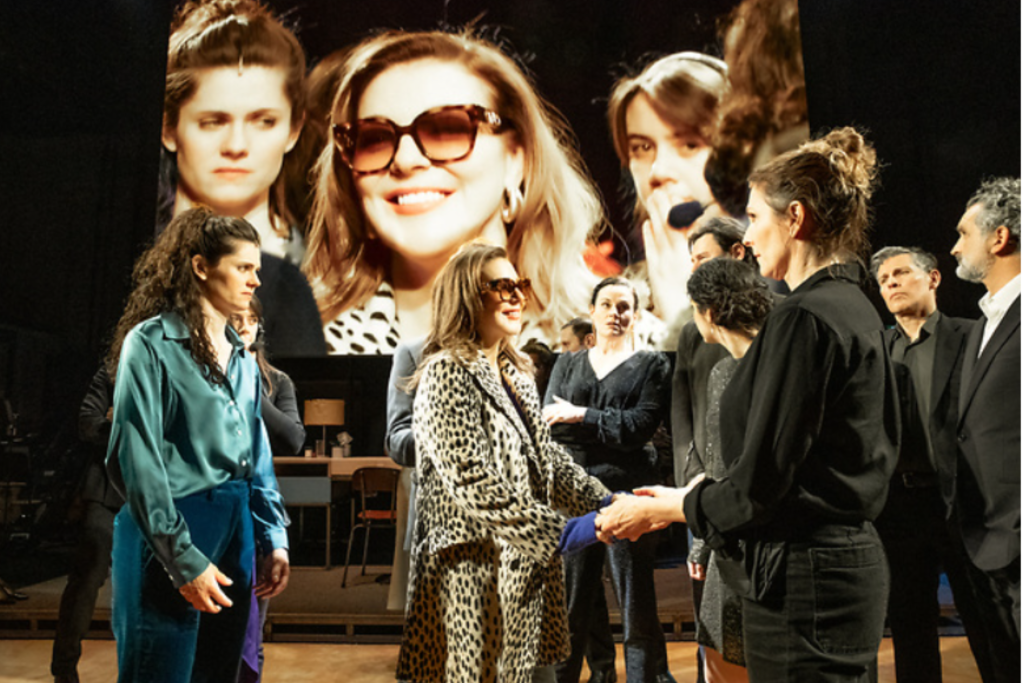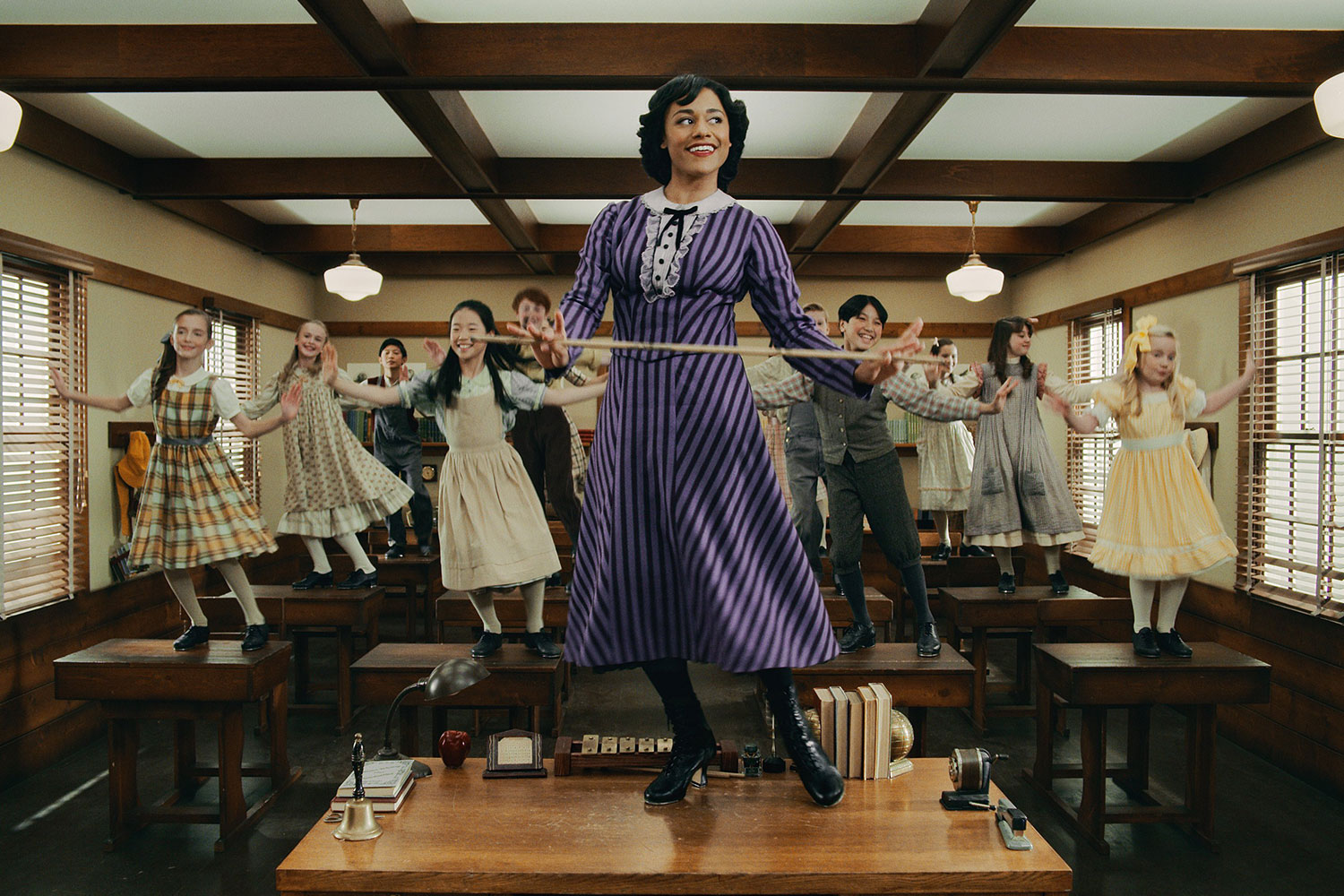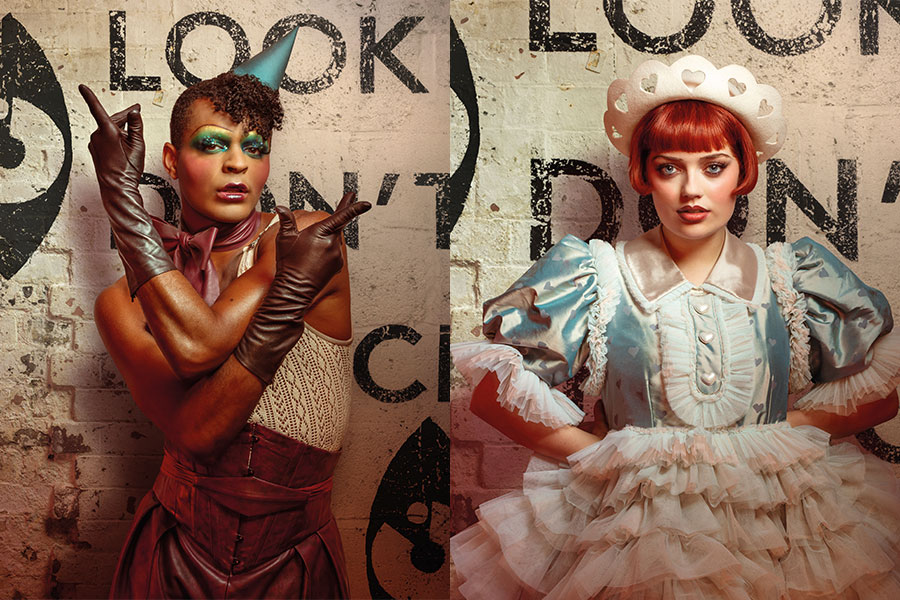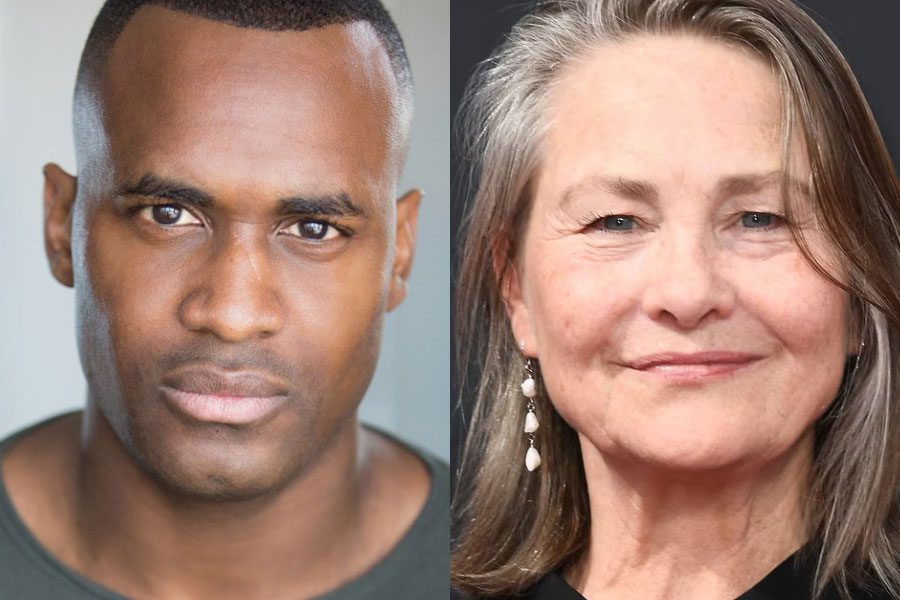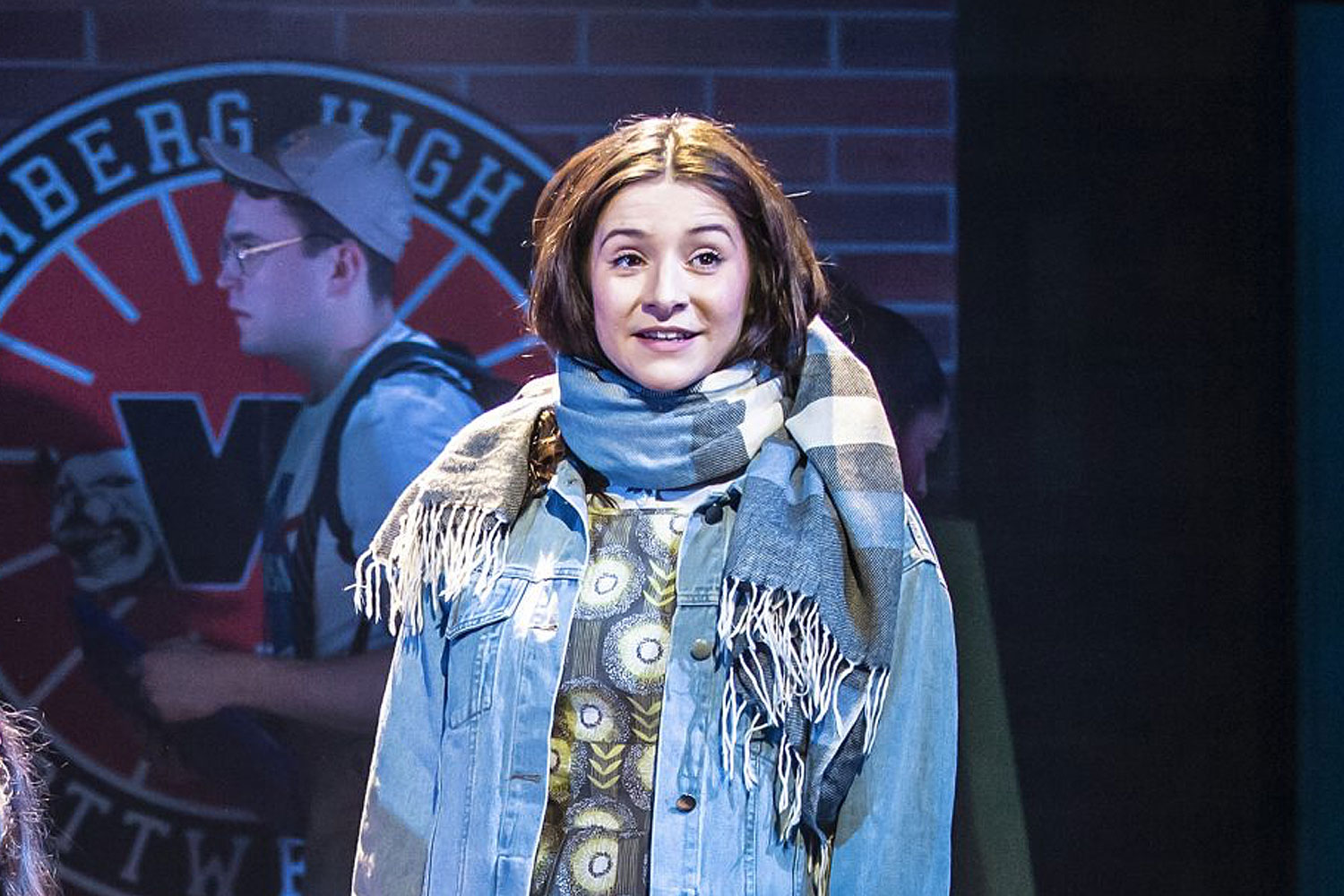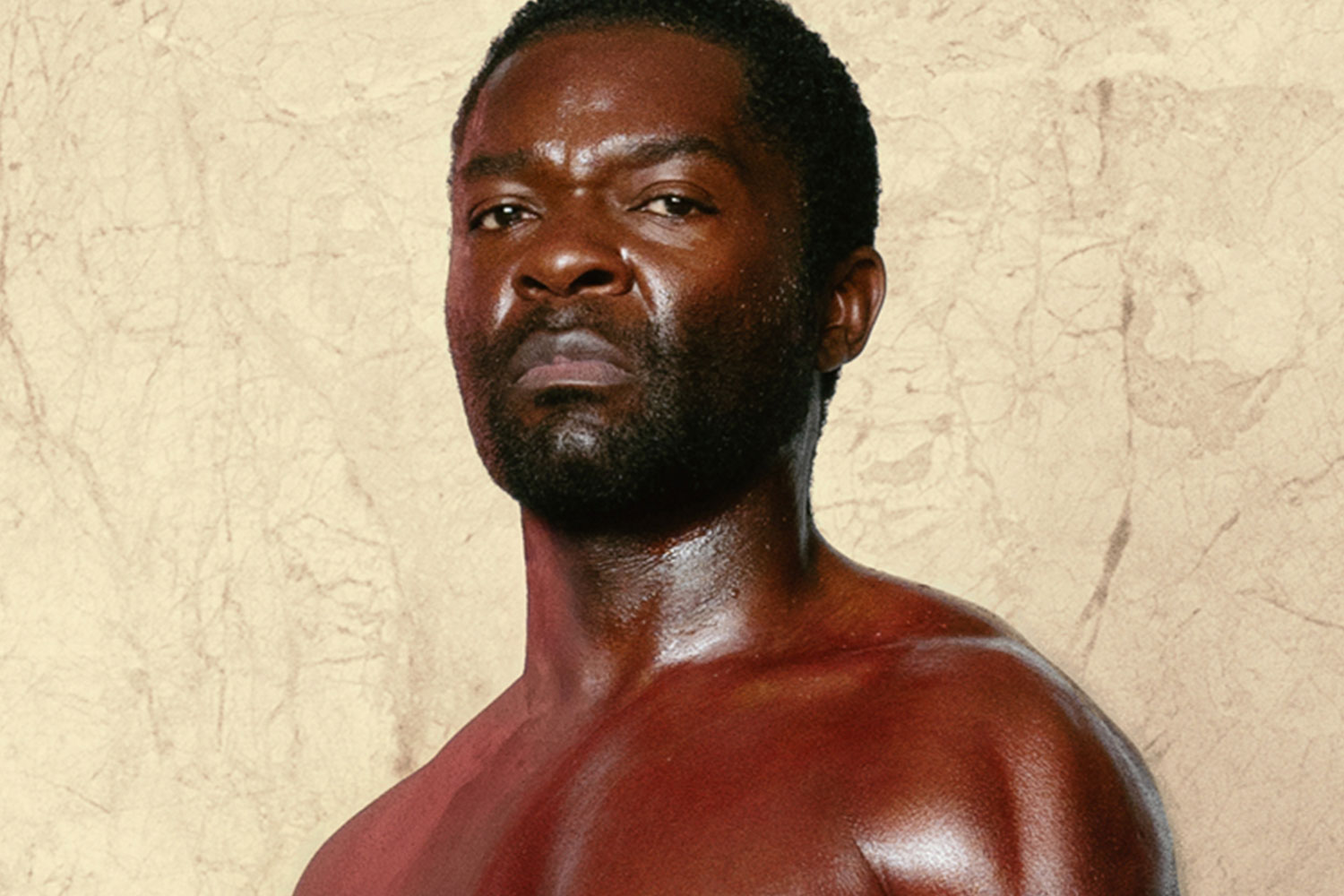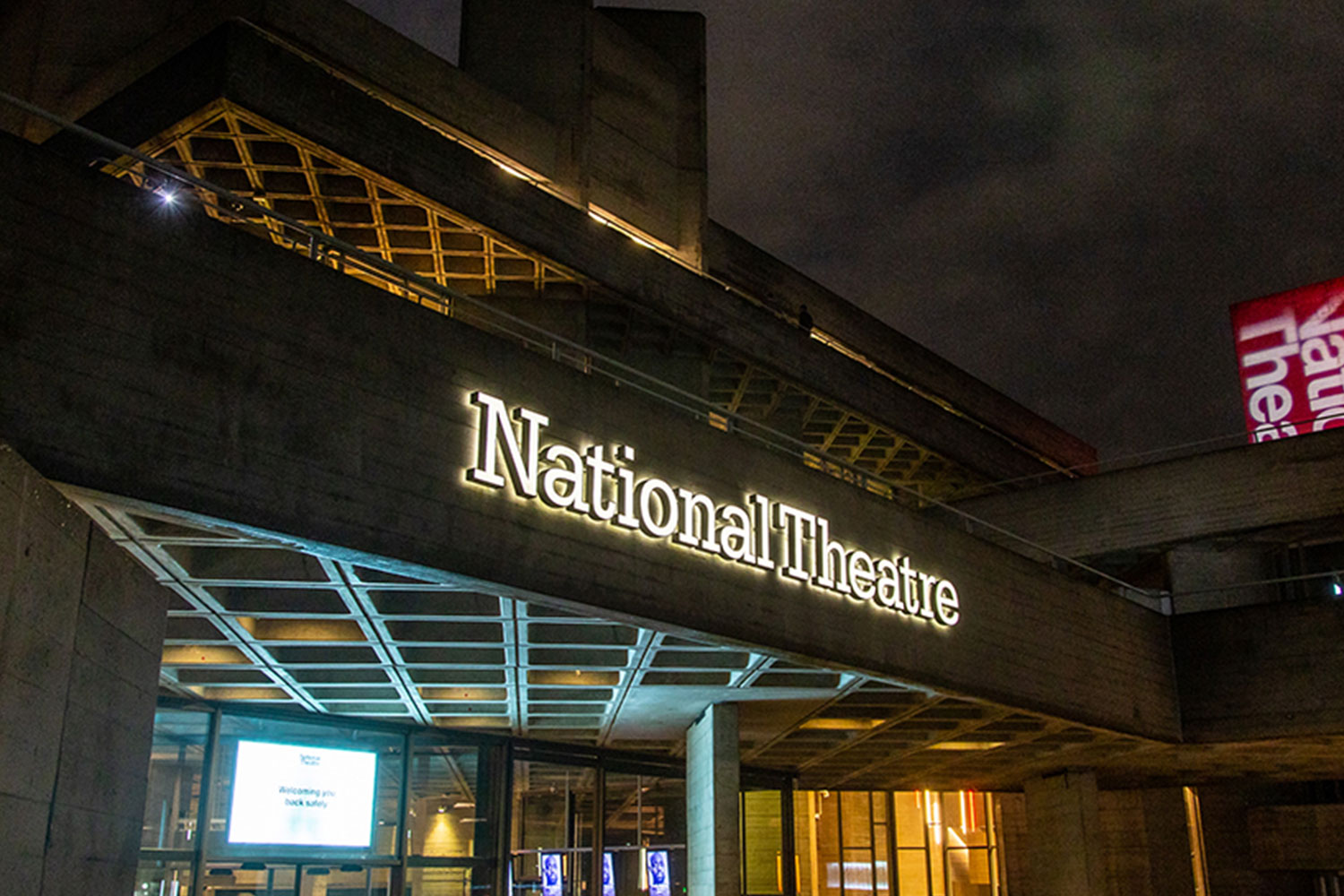Lohengrin (Birmingham)

Musically, all is well in this Brabant. With the exception of Emma Bell, most of the principals are relatively new to substantial Wagner roles, and all acquit themselves with aplomb. Simon Thorpe (bumped up from the Herald to deputise for an indisposed John Lundgren), delivered a nuanced and unusually sympathetic Telramund, convincingly righteous in the first act and utterly in thrall to his wife’s potent sexual and political charisma in the second. Some dryness and strain towards the top did creep in at the end of Act Two, but only served to reinforce the character’s desperate fatigue by this point.
Peter Wedd was perhaps unorthodox but compelling casting as the eponymous Grail-knight: his virile, laser-beam tenor seemed to be bursting out of the role of Tamino in WNO’s recent Zauberflote, but he’s very much on the lighter side for even the more lyrical Wagner heroes and the overwhelming impression here was of the fragility and other-worldliness of Lohengrin. For the most part it worked beautifully, especially in conjunction with his bleach-blond, epicene appearance (swamped in an outsize overcoat in Act One): if he sounded a little unsteady in that first, terrifyingly delicate entry – and, let’s face it, who doesn’t? – he paced things astutely so that Bridal Scene was shot through first with arrogance and then with angry frustration, and the Grail Narrative (movingly delivered as an intimate confidence to Elsa rather than a mystic soliloquy) surely raised hairs on the back of every neck in the house.
It was the women, however, who really took the laurels: Emma Bell’s rich, full-toned Elsa can surely have few equals today, absolutely riveting in a dream-narration that exuded real conviction rather than ethereal fantasy and radiating such erotic warmth and anticipation in the Bridal Scene that the eventual disintegration was all the more tragic.
As her nemesis Ortrud, Susan Bickley mesmerised before she even opened her mouth, oozing malevolent hauteur and disdain through her largely silent first act and cutting an aggressively glamorous figure in Mcdonald’s wonderful costumes. She’s already proved her Wagnerian mettle last summer as an impassioned Brangaene, but her blazing assumption of this killer role surely cements her transition into the hochdramatische fach. Like Wedd, her voice is relatively slim in comparison with her peers in this repertoire but with such focus and blade that it slices through even the heaviest orchestral climaxes: the blood-curdling invocation of the pagan gods was utterly hair-raising, with all the steely invective of that veteran Ortrud, Waltraud Meier. Somebody book her for Kundry, soon.
With a refulgent Meistersinger in 2010 and an incandescent Tristan this time last year under his belt, Lothar Koenigs has been steadily turning the WNO orchestra into a Wagnerian force to be reckoned with, and after a surprisingly lumpy prelude things really hit their stride again this evening: the big set -pieces were superb, particularly Lohengrin’s magical first appearance and those thrilling antiphonal brass fanfares before the final scene (not a single note here was split or smudged, which can’t be said of all live recordings!). Chorus singing was also superlative, with the tenors nailing the relentlessly high tessitura unfazed and some lovely individual characterisation going on throughout.
A splendid contribution to the bicentenary celebrations, and another feather in WNO’s increasingly distinguished Wagnerian cap.
– Katherine Cooper




